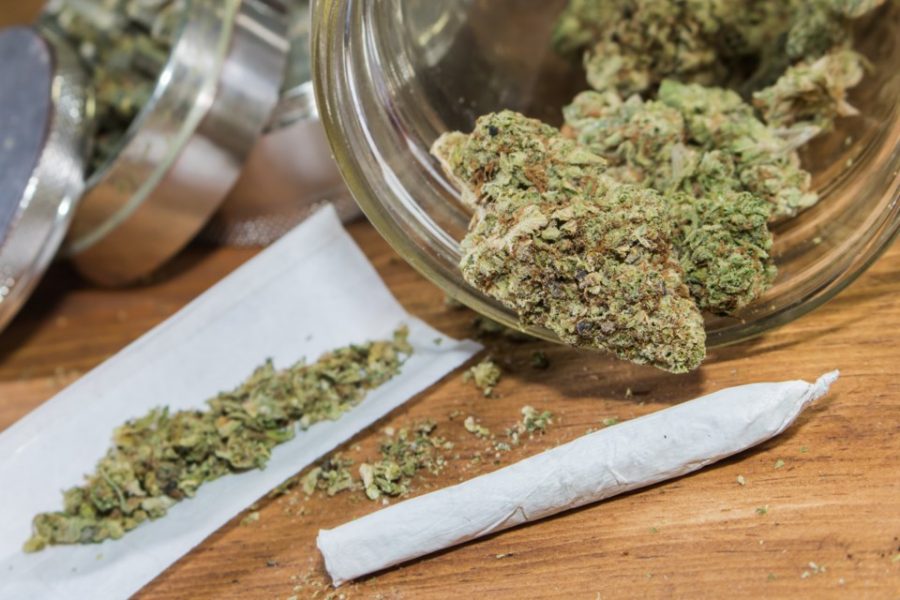University of Pittsburgh study dispels myth that cannabis is a “gateway drug”
Amid the push for federal cannabis legalization by Congressional Democrats, more evidence is coming to light regarding the green plant’s safety. Once again, the ‘gateway drug’ myth is being shattered. This time, by researchers from the University of Pittsburgh.
There is “no evidence to support the theory that cannabis functions as a gateway drug,” according to a new study published by a curious team at the university.
Anti-cannabis advocates and public health officials have long argued that cannabis may encourage consumers to seek out more addictive, and often deadly, illicit substances. However, the university research team begged to differ with their most recent findings.
“If anything, we find that recreational cannabis legalization decreases opioid-related emergency department visits,” said the study’s lead author Coleman Drake. He also works at Pitt’s Graduate School of Public Health as an assistant professor of health policy and management.
University of Pittsburgh researchers assessed state-level aggregate data
In order to gather their evidence for this study on cannabis’ ‘gateway drug’ theory, Drake and his team assessed state-level aggregate data from California, Maine, Massachusetts and Nevada. All of these states legalized cannabis at the beginning of 2017.
For half of the year, the aforementioned states saw a 7.6 percent reduction in opioid-related ER visits in comparison with states that outlaw recreational cannabis use. After a period of six months had passed, the number of opioid-related ER visits returned to the same as it was before legalization was enacted.
The team did not reveal specifically why legalization has contributed to a reduction in opioid-related ER visits. Nonetheless, Drake affirms that the temporary decrease is notable. Since his team of researchers were limited to one year of data, he intends on reassessing the topic in the foreseeable future.
Cannabis is not a treatment for opioid use disorder
“Cannabis is a substitute for pain relief, but it’s not a treatment for opioid use disorder,” said Drake. “People might be finding that cannabis does help treat pain for opioid use disorder, but ultimately isn’t treating other symptoms of the condition.”
Because of this, Drake says, many opioid abusers return to opiates for relief from cravings and withdrawal symptoms. Due to the risks and side effects associated with opioids, this class of drugs is often forbidden for use by patients who enroll in abstinence-only recovery programs.
On the other hand, a swelling body of evidence suggests that patients in recovery may experience a better overall outcome from their treatment when they are assisted with this class of medication.
The study’s findings emphasize the need to explore fresh treatment options.
Researchers struggled to draw many conclusions from study on cannabis’ ‘gateway drug’ theory
Although this investigation generates some interesting theories, it’s difficult to conclude any absolute findings. This is according to Alice Bell of nonprofit organization Prevention Point Pittsburgh, which specializes in health and harm reduction for people who use drugs.
“This data hopefully once and for all puts a nail in the coffin that cannabis is a ‘gateway drug,'” said Bell, who noted the importance of carrying out qualitative research and asking drug users exactly what type of narcotic(s) they are dabbling in.
Drake shared Bell’s opinion. He believes that qualitative research would be an effective technique for gaining a better understanding of a drug user’s substance(s) of choice. On the other hand, he remains optimistic about the findings and is not too concerned about the lack of conclusions drawn from the study.
“The kicker with a lot of recreational cannabis research at this point in time is that we’re starting to find things,” he said, adding that his team hasn’t “had enough yet high-quality studies where we are able to put all the pieces together definitely.”











